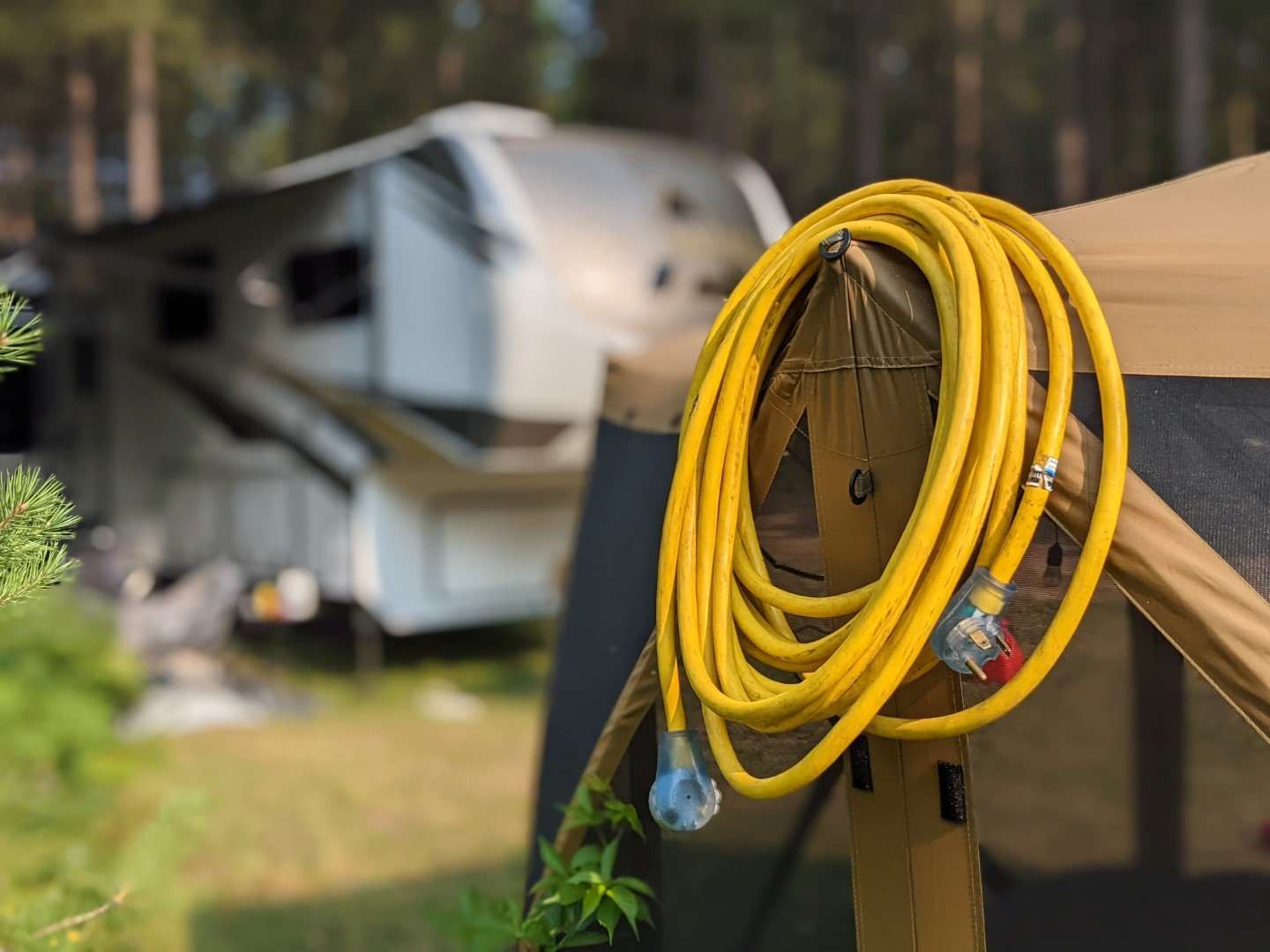

Articles
What Gauge Extension Cord For Camper
Modified: March 1, 2024
Find out the ideal gauge extension cord for your camper with these informative and helpful articles, ensuring a safe and efficient power supply.
(Many of the links in this article redirect to a specific reviewed product. Your purchase of these products through affiliate links helps to generate commission for Storables.com, at no extra cost. Learn more)
Introduction
When it comes to powering our campers and enjoying the great outdoors, having the right extension cord is essential. Whether you’re using your camper for a weekend getaway or an extended adventure, having access to electricity is a necessity for many modern amenities.
However, not all extension cords are created equal. The gauge, or thickness, of the cord plays a crucial role in determining its capacity to handle electrical load and distance. Choosing the wrong gauge can lead to voltage drop, overheating, and even potential fire hazards.
In this article, we will delve into the world of extension cord gauges and explore the factors to consider when selecting the appropriate gauge for your camper. We will also discuss the common extension cord gauge options available, helping you make an informed decision for a safe and reliable power supply during your camping trips.
Key Takeaways:
- Choose the right extension cord gauge for your camper by considering power requirements, distance, and weather conditions. Prioritize safety and reliability for a worry-free camping experience.
- Understanding extension cord gauges is crucial for powering your camper safely. Invest in high-quality, weather-resistant cords to ensure a reliable and durable power supply during your camping adventures.
Read more: What Gauge Is An Extension Cord
Understanding Extension Cord Gauges
Extension cord gauges are measured by their thickness, which is denoted by a numerical value. The lower the gauge number, the thicker the cord. The thickness of the cord directly affects its electrical capacity and the distance it can effectively carry electricity without voltage drop.
The most common extension cord gauges for household and camping purposes range from 18 to 10 gauge. Let’s take a closer look at each gauge:
- 18 Gauge: This is the thinnest and lightest gauge commonly available. It is suitable for low-power devices and short distances. However, it may not be suitable for powering larger appliances or for long distances due to its limited electrical capacity.
- 16 Gauge: Slightly thicker than 18 gauge, the 16-gauge cord offers increased capacity and is suitable for moderate-power devices and slightly longer distances.
- 14 Gauge: Considered a medium-duty cord, the 14-gauge cord can handle higher power demands and longer distances. It is a common choice for powering appliances like air conditioners, heaters, and refrigerators.
- 12 Gauge: This is a heavy-duty cord that is capable of handling high-power demands and long distances. It is commonly used for powering RVs, campers, or other large appliances.
- 10 Gauge: The thickest gauge available for typical household extension cords, the 10-gauge cord offers maximum capacity for high-power devices and long distances. It is commonly used for professional applications or with large camping trailers or motorhomes.
Understanding these extension cord gauges is important for choosing the right cord that can safely and efficiently power your camper. Choosing a gauge that is too thin for your power requirements and distance can result in voltage drop, overheating, and potential damage to your appliances or electrical system.
Factors to Consider when Choosing an Extension Cord Gauge for your Camper
When selecting the appropriate extension cord gauge for your camper, there are several factors to consider to ensure a safe and reliable power supply. Let’s explore these factors in detail:
Power Requirements:
The first and most important factor to consider is the power demands of your camper. Determine the total wattage or amperage of the appliances and devices you plan to power. This information will help you choose a cord gauge that can handle the required power without causing voltage drop or overheating.
Distance:
Consider the distance between your camper’s power source and the location where you’ll be using the extension cord. The longer the distance, the thicker the gauge needed. This ensures that the electricity can efficiently travel without significant voltage drop. It’s crucial to select a cord that can handle the distance to avoid potential safety hazards.
Weather Conditions:
If you plan to camp in extreme weather conditions, such as high heat or heavy rain, choose an extension cord with weather-resistant features. Look for cords that have a durable jacket material and are rated for outdoor use. This helps ensure the longevity and safety of the cord, even in challenging weather conditions.
Cord Length:
Consider the length of the extension cord you’ll need. It’s generally advisable to use the shortest cord possible to minimize voltage drop. If you require a longer length, opt for a thicker gauge to compensate for the increased resistance over a longer distance.
Amperage Rating:
Check the amperage rating of both your camper’s electrical system and the appliances you plan to power. Ensure that the chosen extension cord can handle the total amperage safely. Exceeding the amperage rating can lead to overheating and potential fire hazards.
Quality and Safety:
Invest in high-quality extension cords from reputable manufacturers. Look for safety features such as grounded plugs, strain relief, and certifications like UL or ETL. Choosing a reliable and safe extension cord guarantees peace of mind during your camping adventures.
Considering these factors will help you make an informed decision when selecting the right extension cord gauge for your camper. It’s essential to prioritize safety and reliability to ensure a trouble-free power supply during your camping trips.
When choosing an extension cord for your camper, it’s important to use a gauge that can handle the electrical load. For most campers, a 10-gauge extension cord is recommended to ensure safe and efficient power supply.
Common Extension Cord Gauge Options for Campers
When it comes to choosing the right extension cord gauge for your camper, there are a few common options to consider. Let’s explore these options and their typical use cases:
The 18-gauge extension cord is the thinnest gauge commonly available. It is suitable for low-power devices and short distances. This gauge is commonly used for small camping appliances like fans, phone chargers, or LED lights. However, it may not be suitable for powering larger appliances or for long distances due to its limited electrical capacity.
16 Gauge Extension Cord:
One step up from the 18-gauge cord, the 16-gauge extension cord offers increased capacity and can handle slightly higher power demands. It is suitable for moderate-power devices like small refrigerators, portable electric stoves, or moderate-sized camping lights. Additionally, it can handle slightly longer distances compared to the 18-gauge cord.
14 Gauge Extension Cord:
The 14-gauge extension cord is considered a medium-duty cord and can handle higher power demands and longer distances. It is commonly used for powering appliances such as air conditioners, heaters, or refrigerators in larger campers or RVs. The 14-gauge cord provides a good balance between power capacity and affordability.
12 Gauge Extension Cord:
If you have a larger camper or motorhome with high-power demands, the 12-gauge extension cord is a reliable choice. It is a heavy-duty cord capable of handling high-power devices and long distances. The 12-gauge cord is commonly used for powering larger appliances like electric grills, air compressors, or heavy-duty power tools in camping scenarios.
10 Gauge Extension Cord:
The 10-gauge extension cord is the thickest gauge available for typical household extension cords. It offers maximum capacity for high-power devices and long distances. This gauge is commonly used for professional applications or with large camping trailers or motorhomes that have multiple high-power appliances and require long-distance power supply.
Choosing the right extension cord gauge for your camper depends on your power requirements, distance, and the specific appliances you plan to power. Consider these factors carefully to ensure a safe and reliable power supply during your camping adventures.
Conclusion
Choosing the right extension cord gauge for your camper is crucial for a safe and reliable power supply during your camping trips. Understanding the different gauges and their capabilities is the first step in making an informed decision.
Factors such as power requirements, distance, weather conditions, cord length, amperage rating, and quality should all be considered when selecting an extension cord gauge for your camper.
For lower power demands and shorter distances, the 18 or 16-gauge extension cords may be sufficient. However, if you have higher power demands or need to cover longer distances, it’s advisable to opt for a thicker gauge such as 14, 12, or even 10-gauge extension cords.
Investing in high-quality extension cords from reputable manufacturers with safety features ensures the longevity and reliability of your power supply. Look for certifications like UL or ETL and features such as grounded plugs and strain relief.
By carefully considering these factors and choosing the appropriate extension cord gauge for your camper, you can enjoy a worry-free camping experience with a reliable and safe power source for all your appliances and devices.
Remember, safety should always be the top priority when it comes to electrical connections. Regularly inspect your extension cords for any signs of wear or damage, and never overload the cords beyond their capacity.
With the right extension cord gauge for your camper, you can power all your devices and appliances, making your camping trips more comfortable and enjoyable.
Frequently Asked Questions about What Gauge Extension Cord For Camper
Was this page helpful?
At Storables.com, we guarantee accurate and reliable information. Our content, validated by Expert Board Contributors, is crafted following stringent Editorial Policies. We're committed to providing you with well-researched, expert-backed insights for all your informational needs.
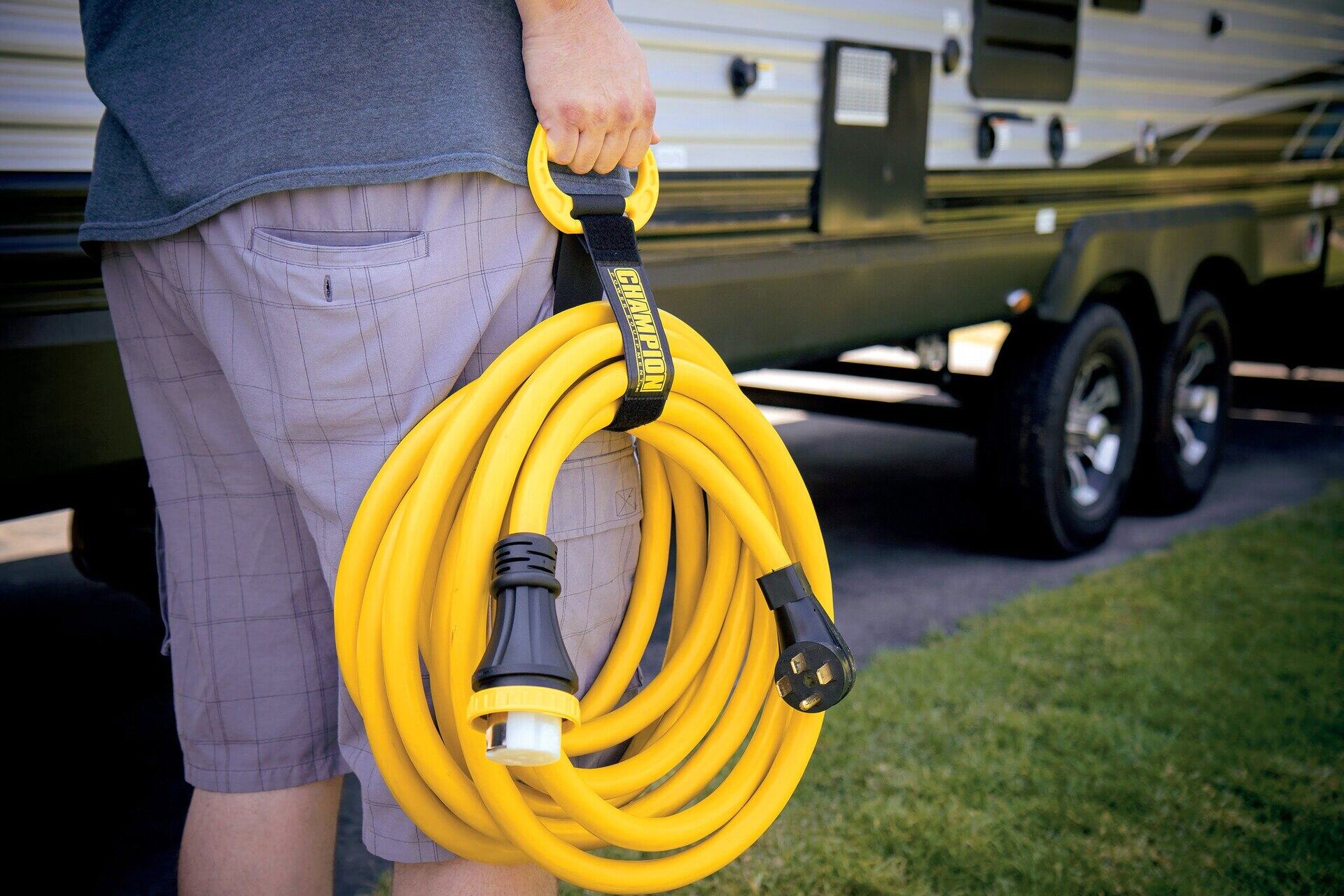
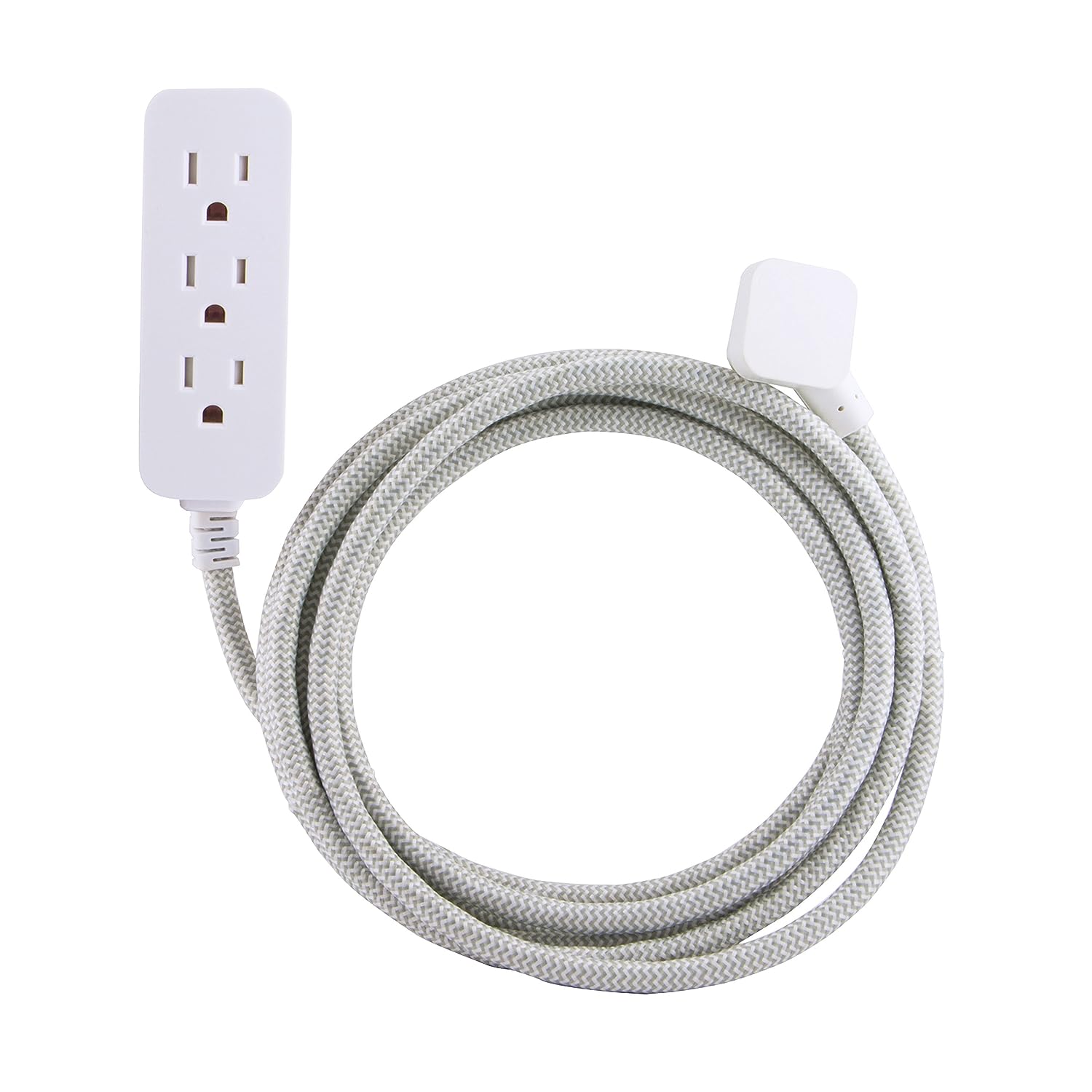
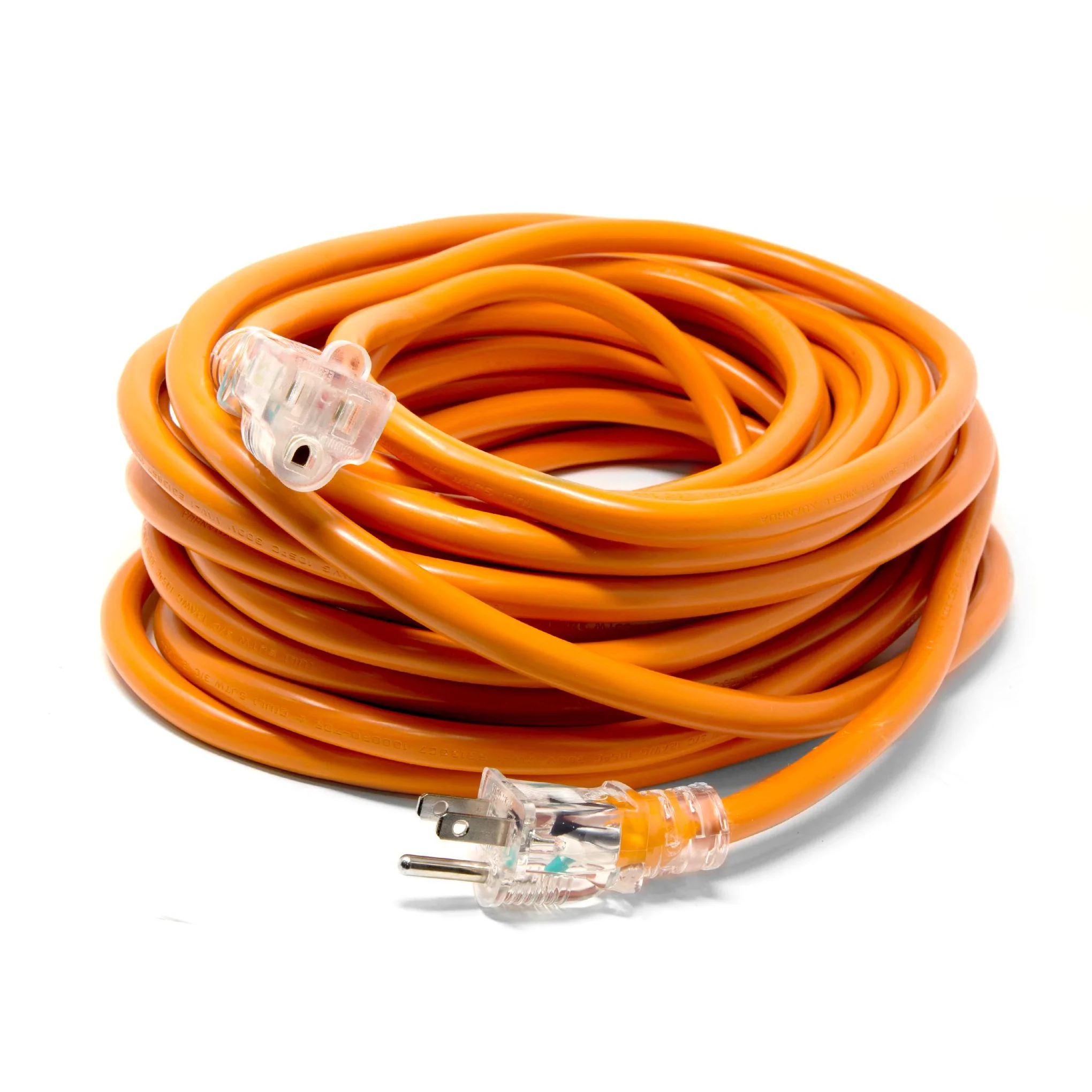
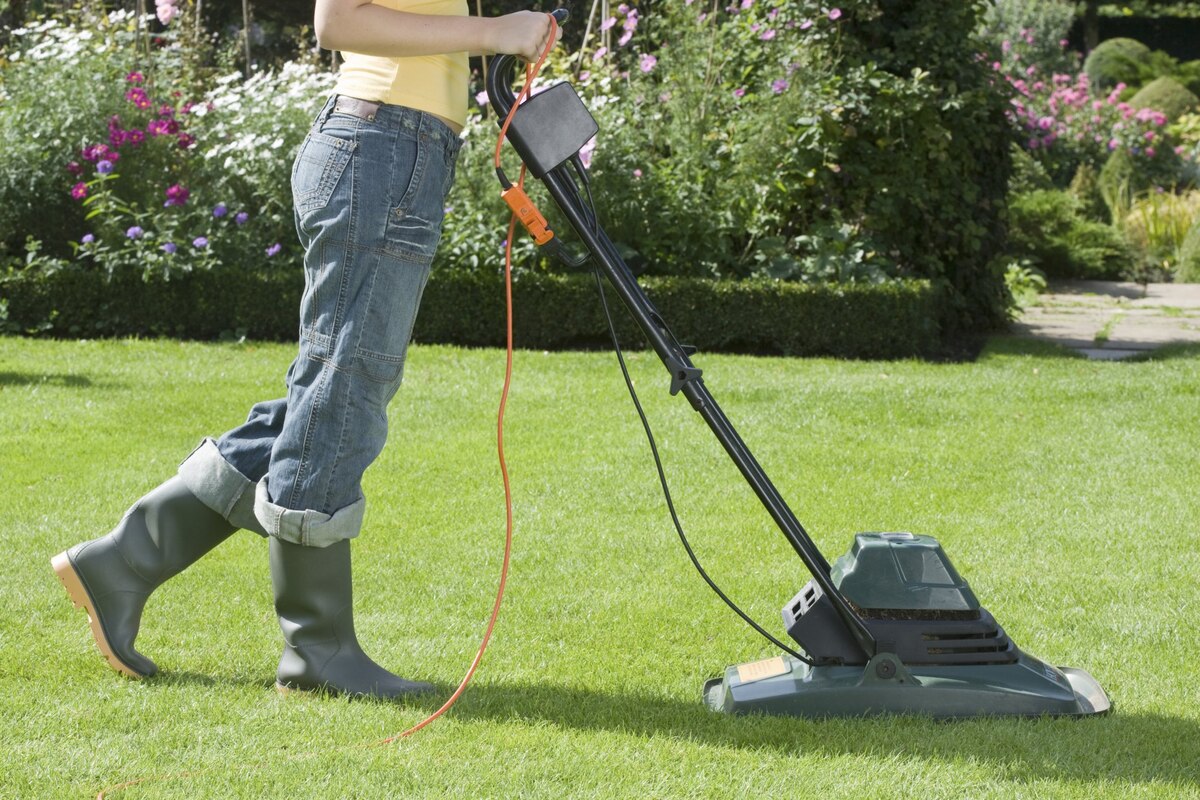
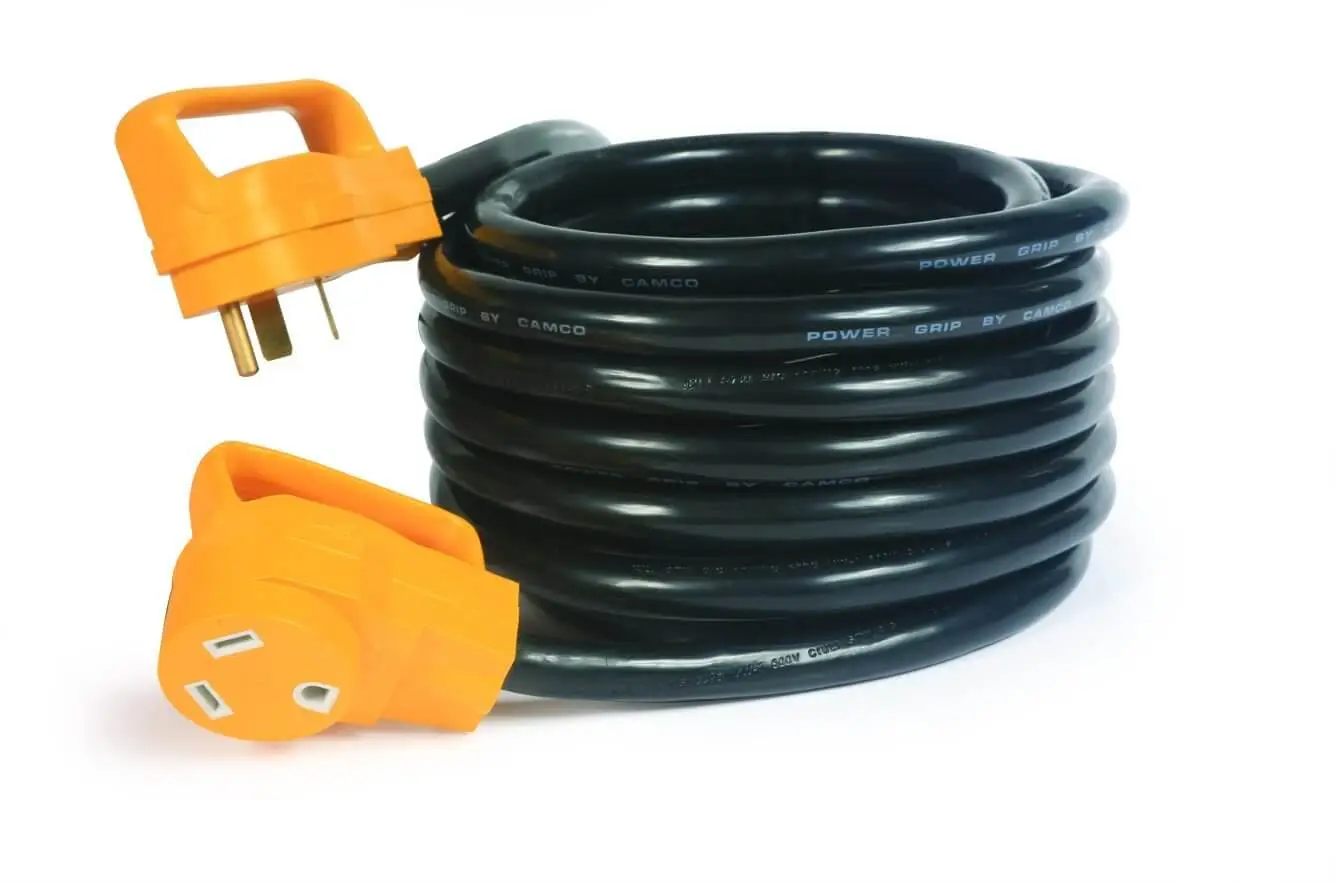
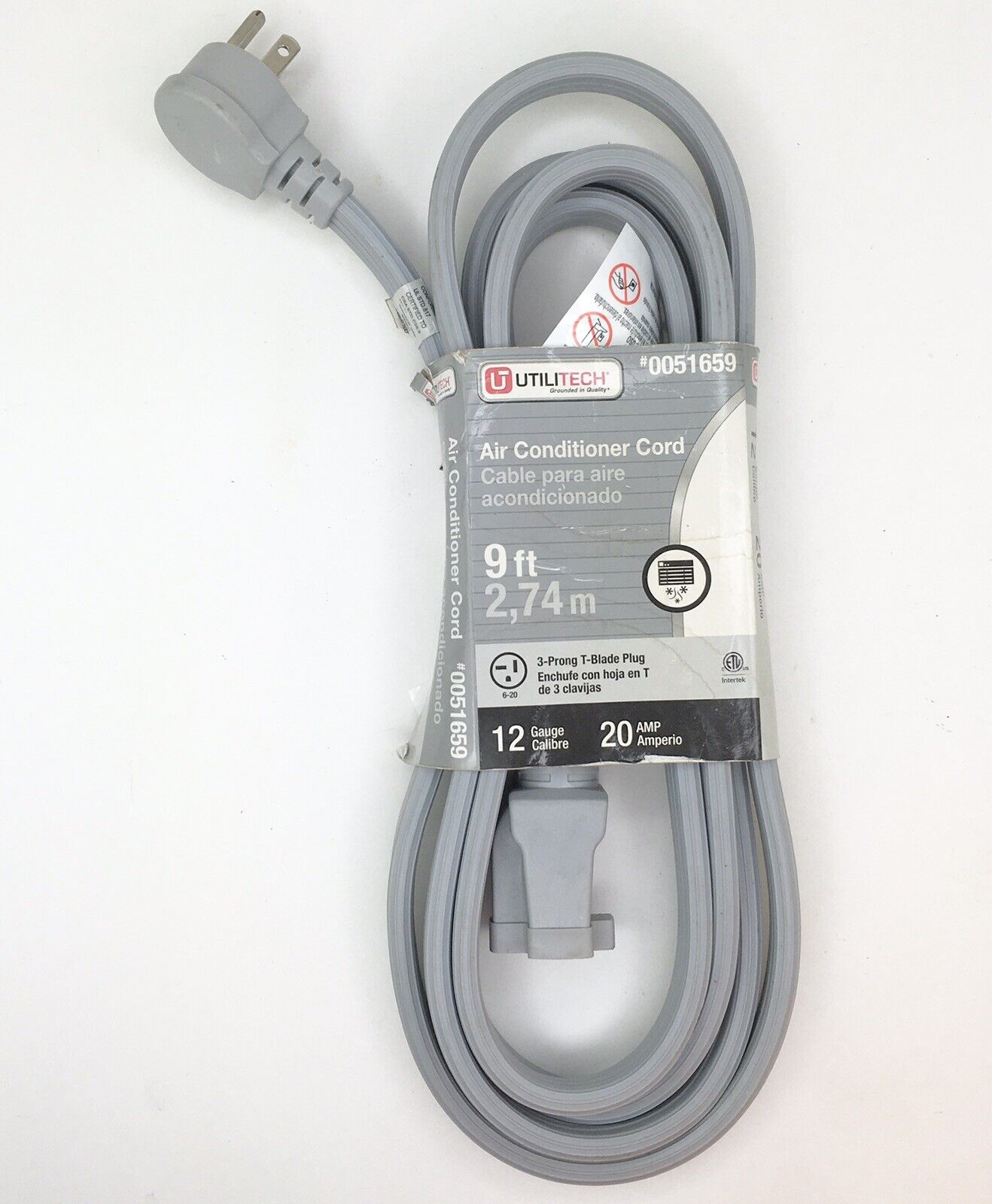
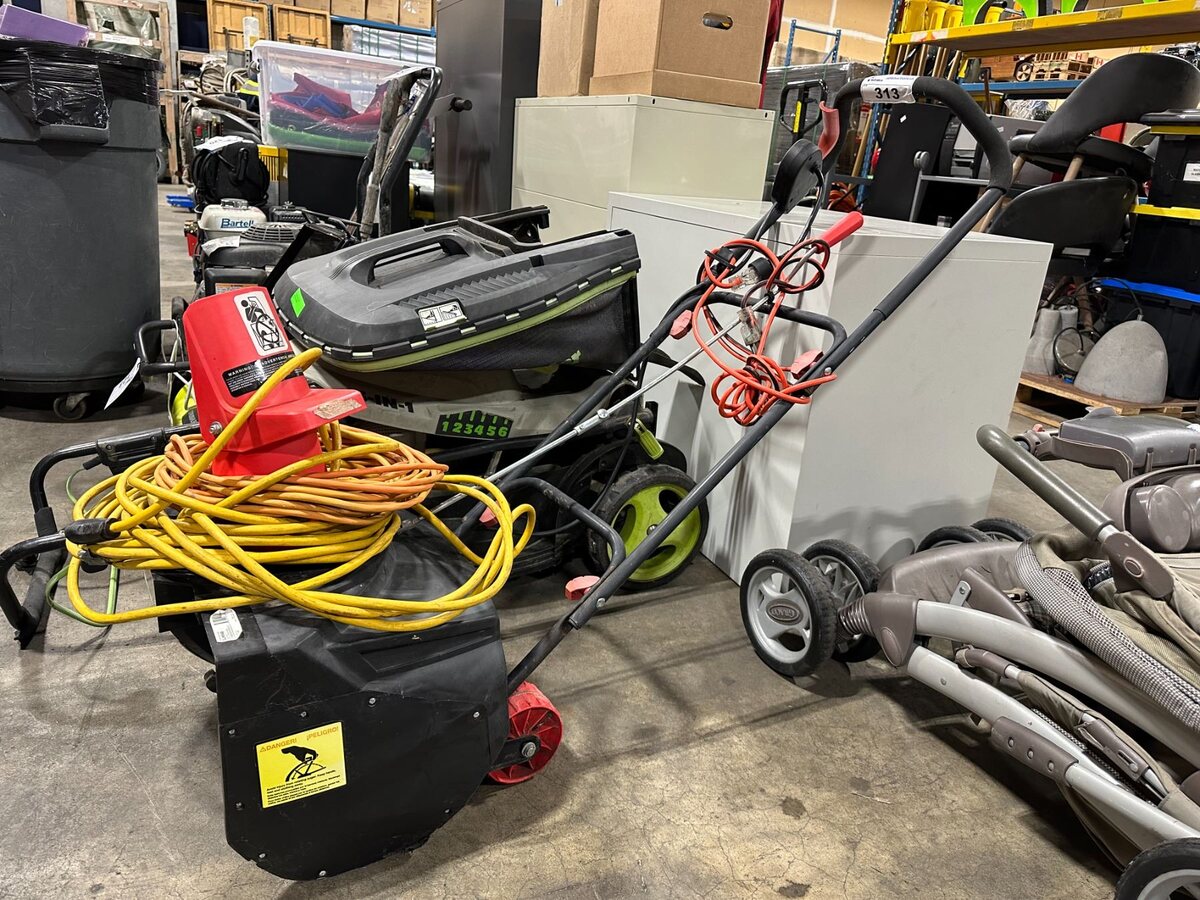
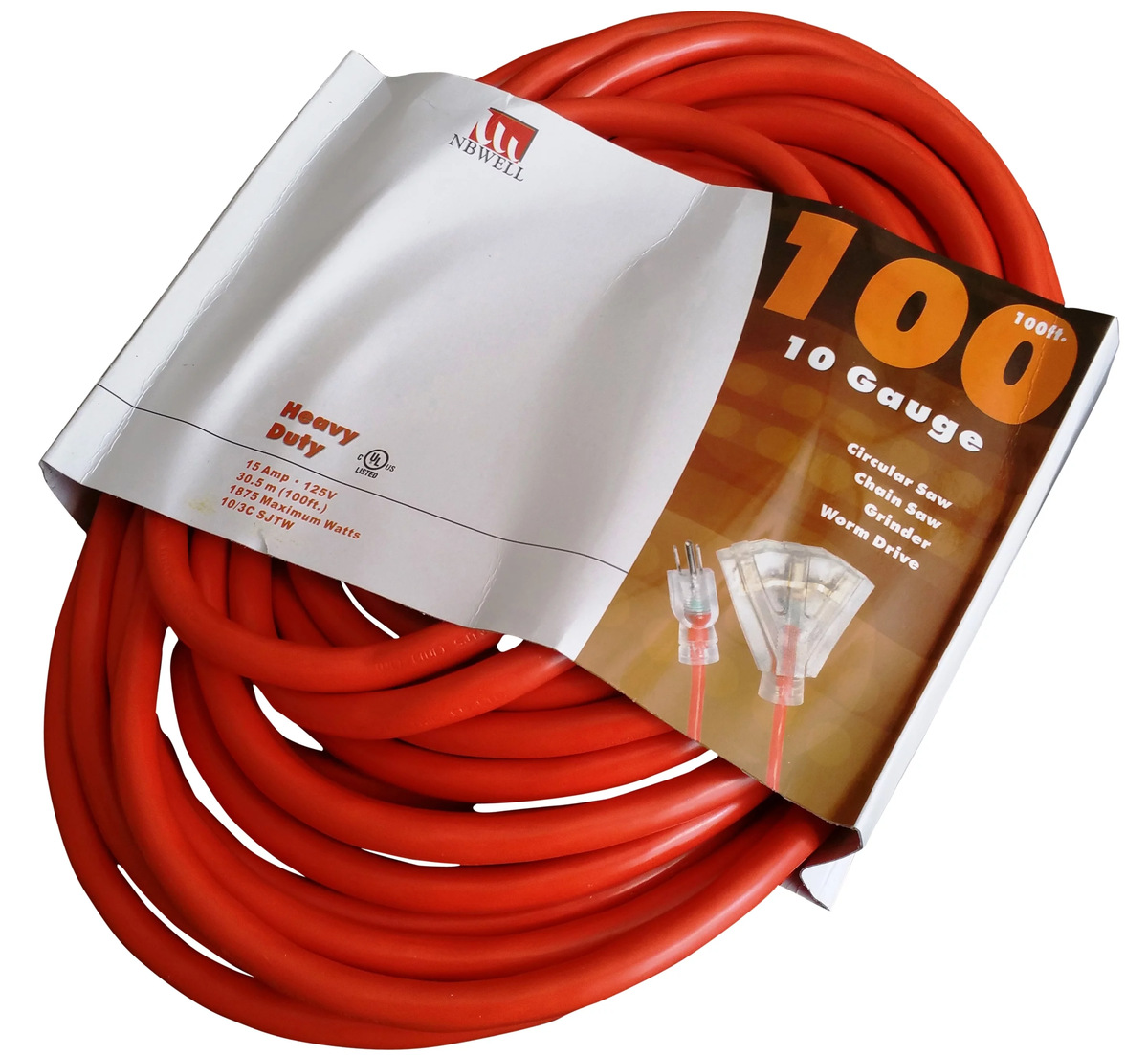
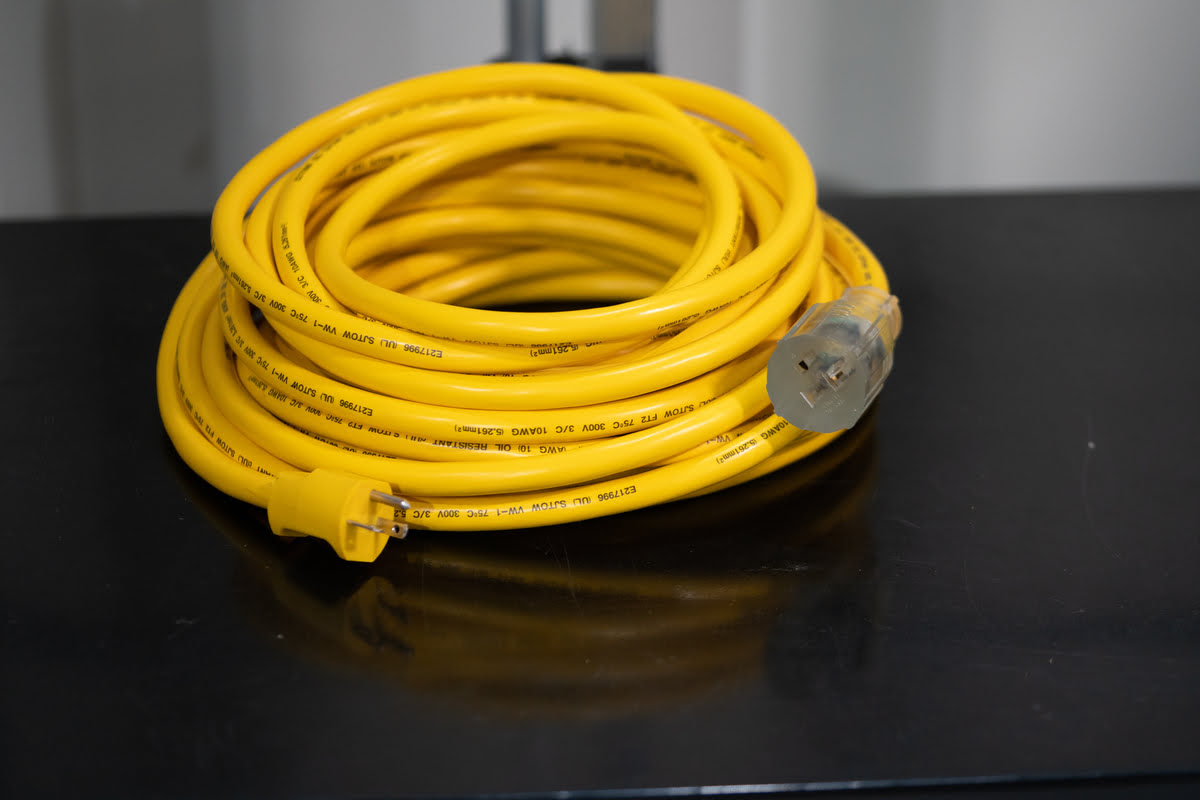
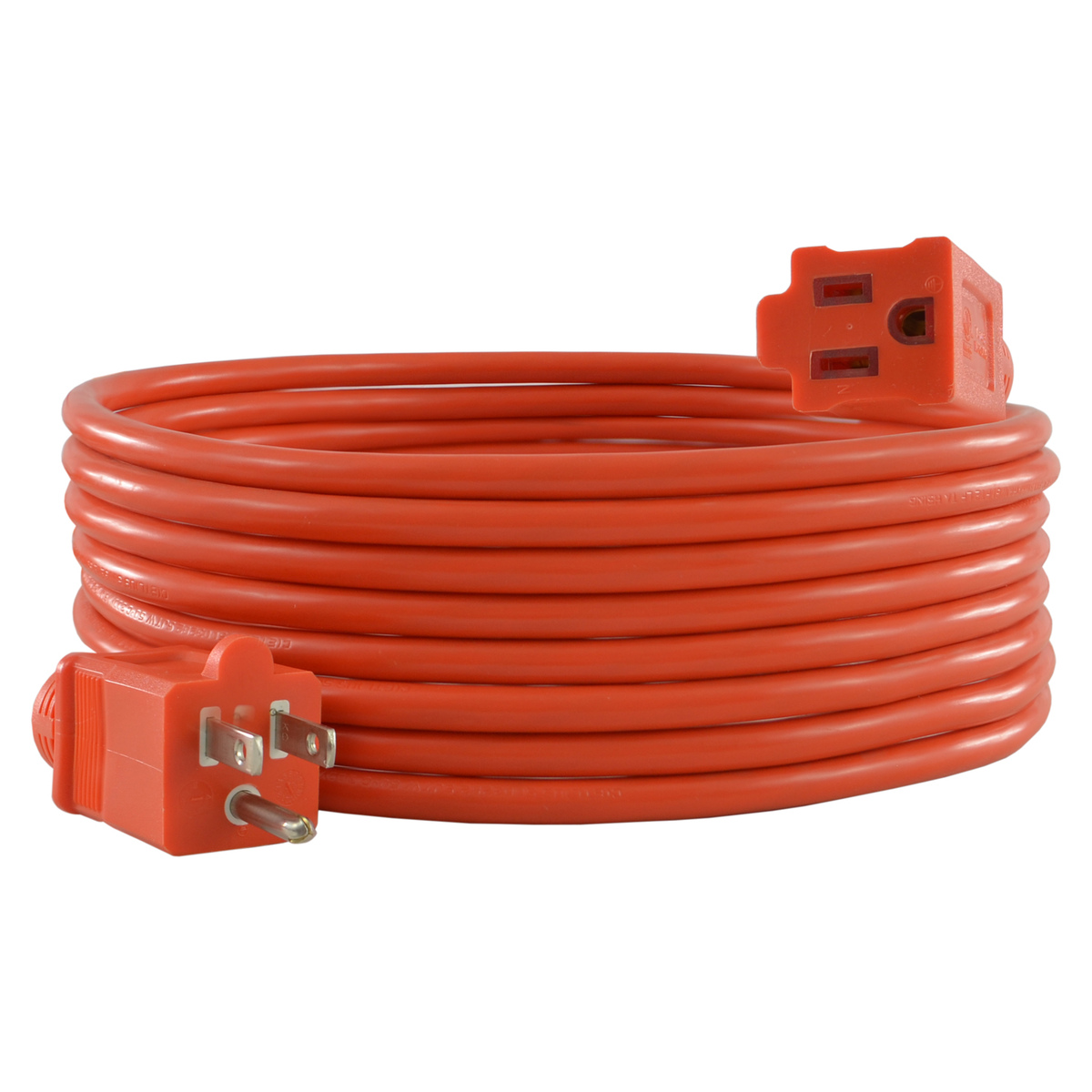
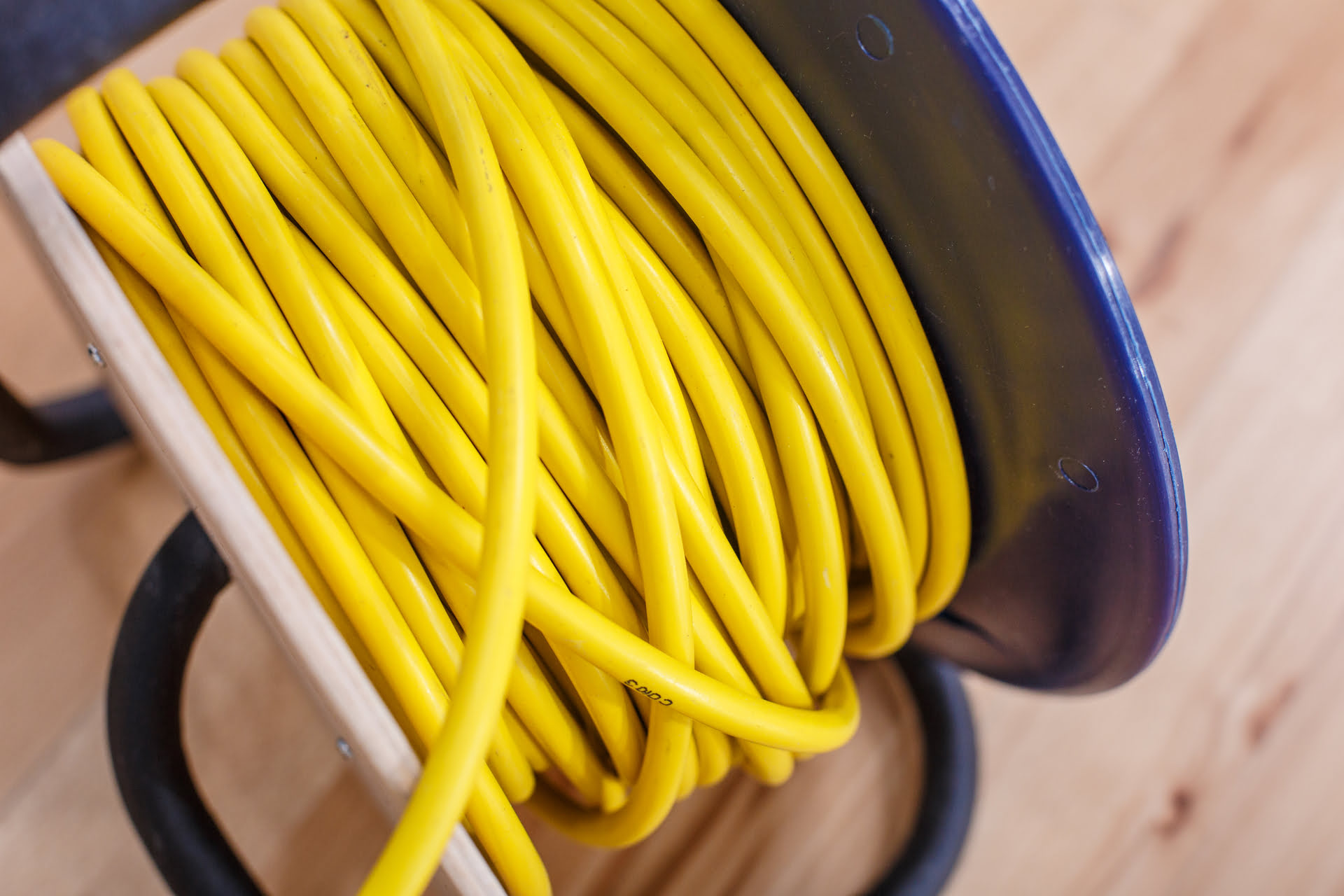
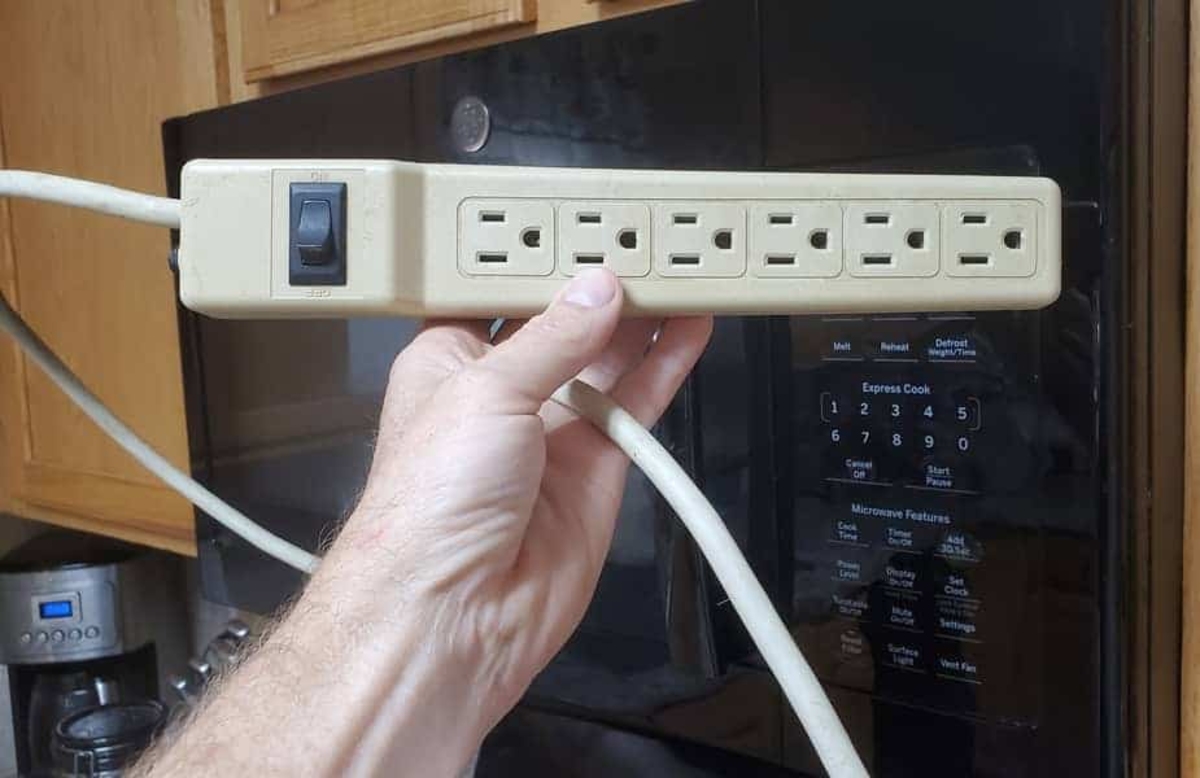
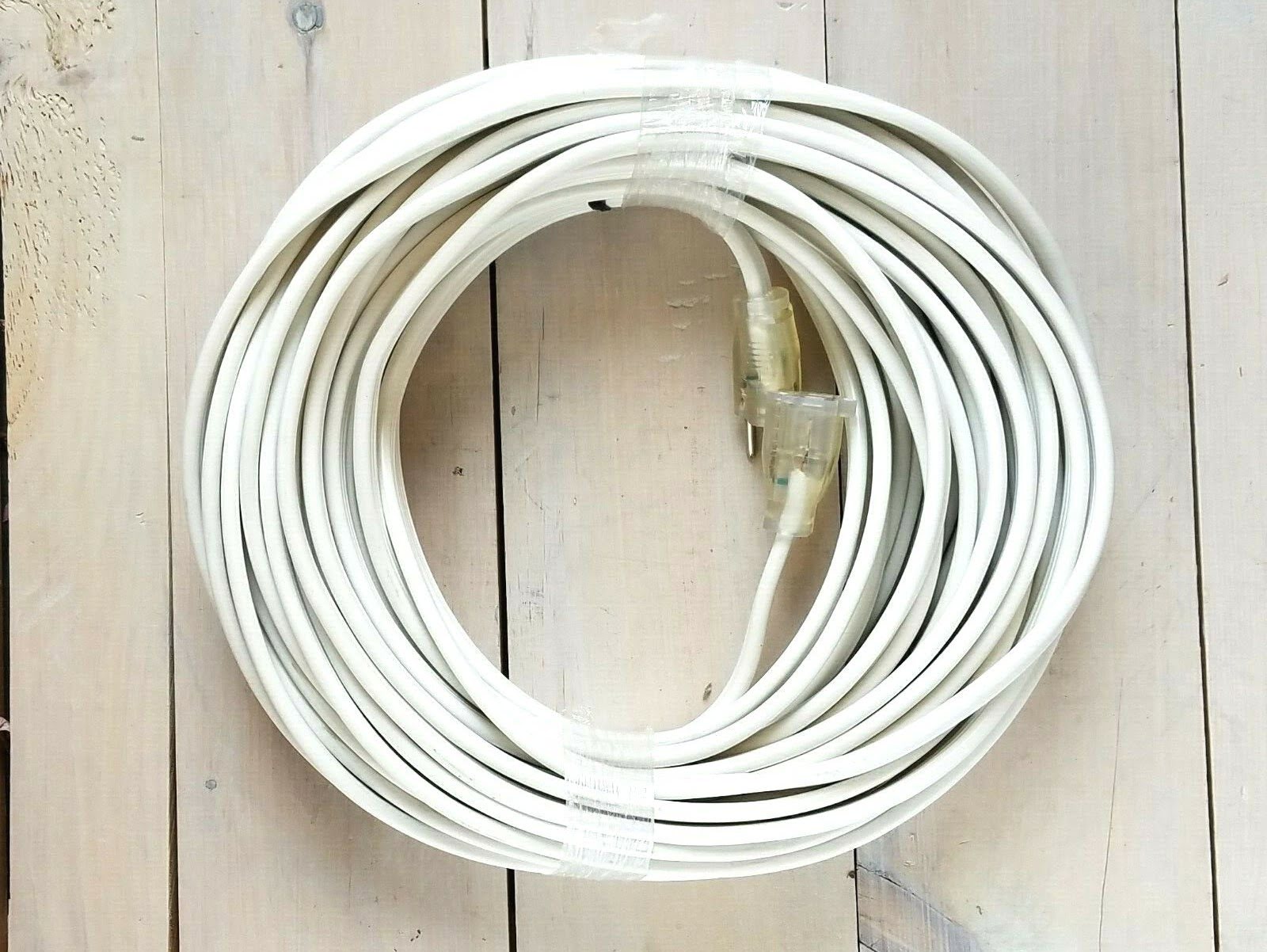
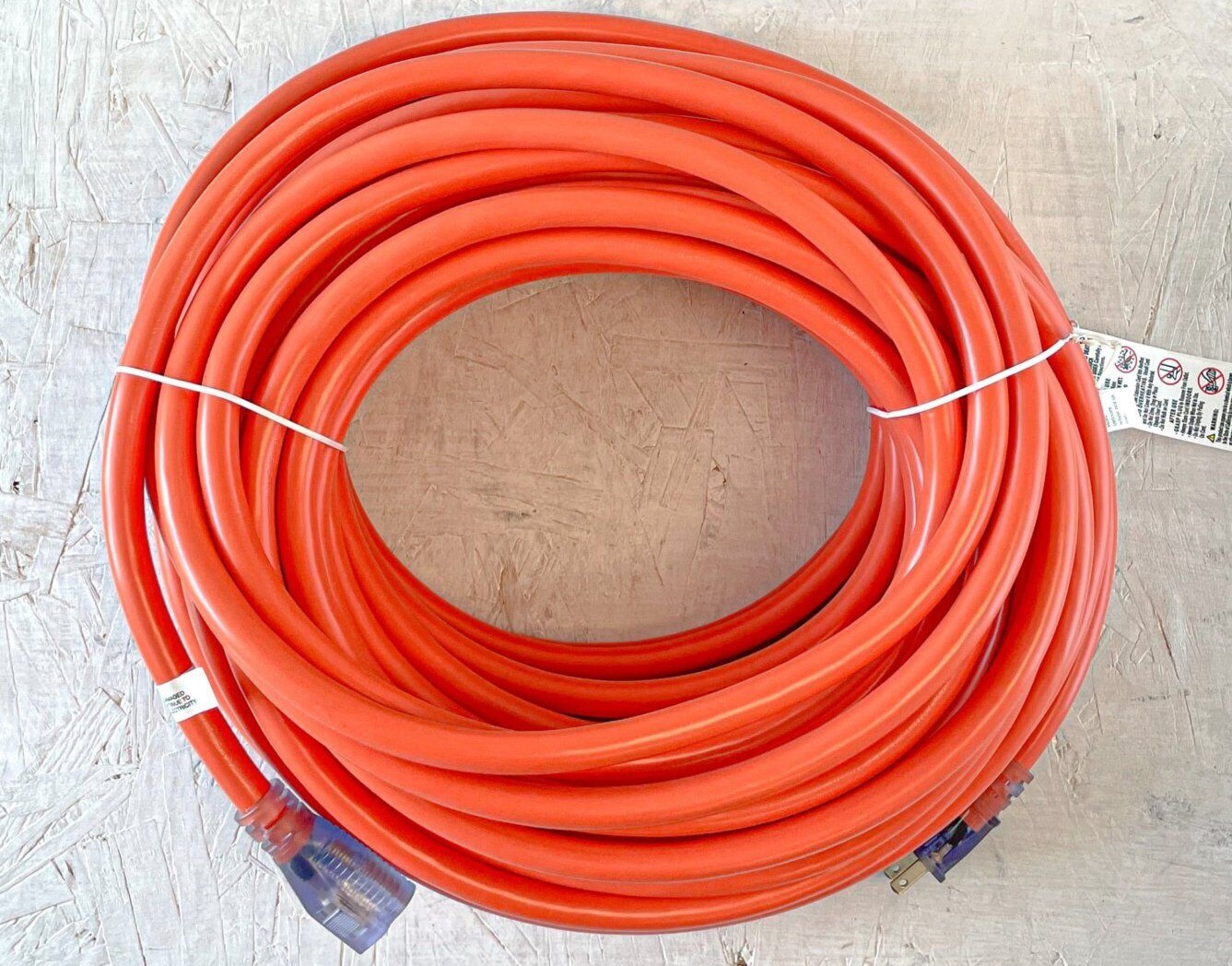
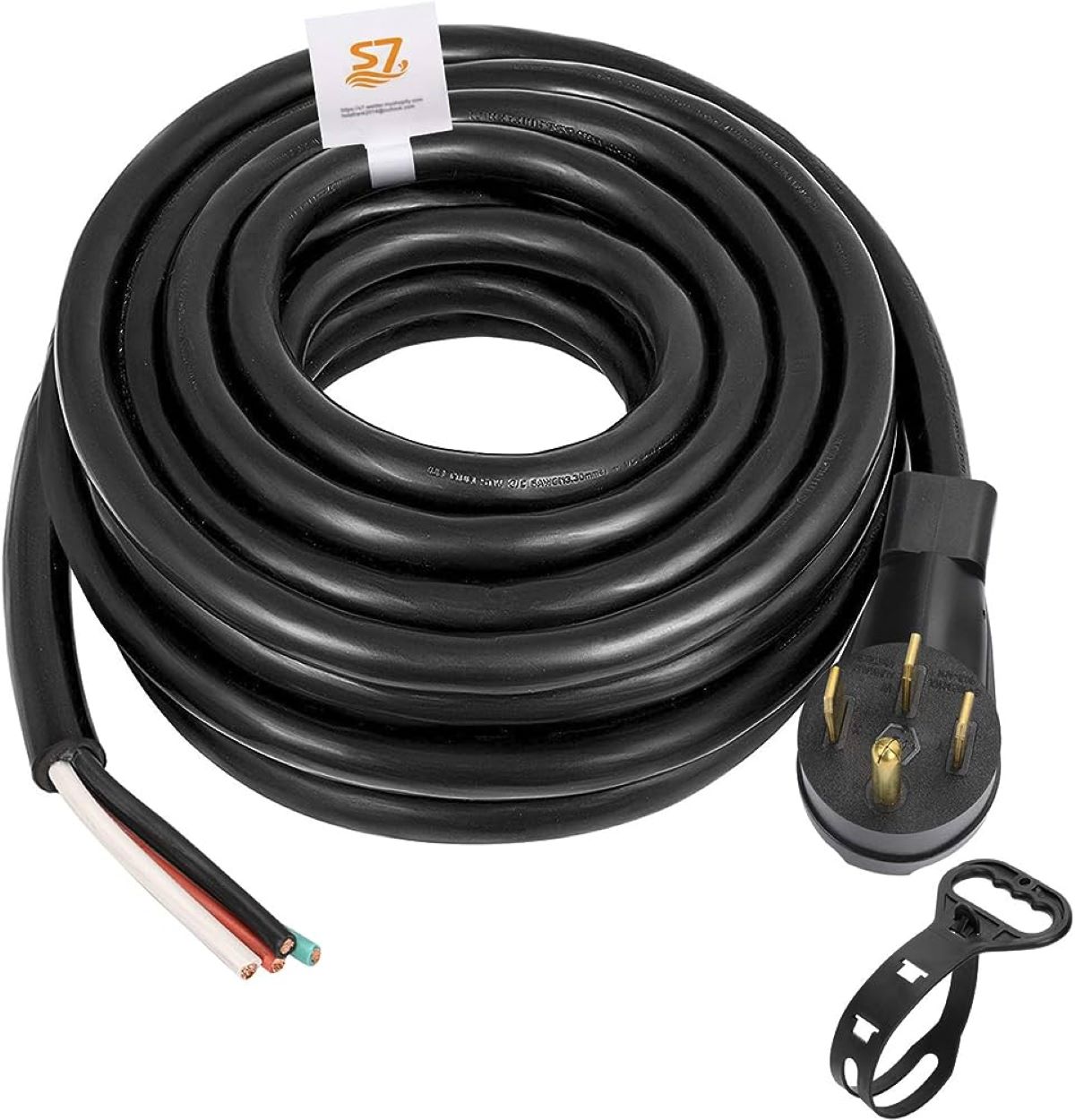

0 thoughts on “What Gauge Extension Cord For Camper”